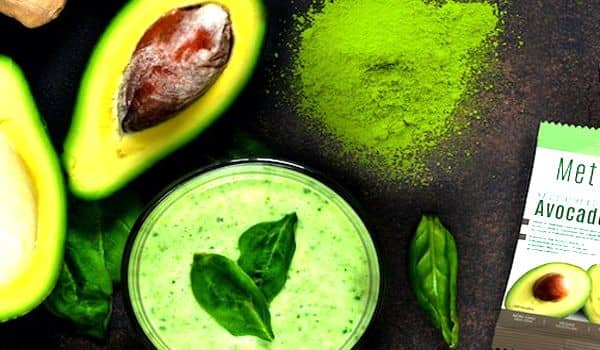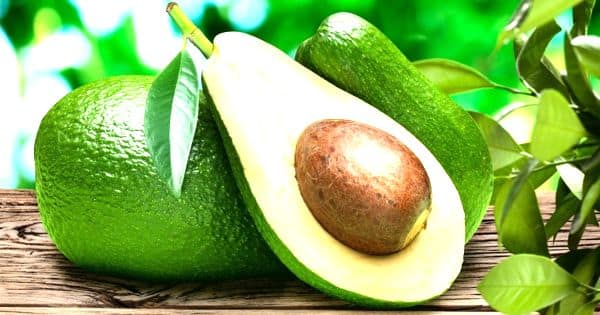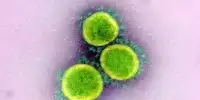According to a new University of Guelph study, a compound found in avocados may one day lead to better leukemia treatment. According to Dr. Paul Spagnuolo of the Department of Food Science, the compound targets an enzyme that scientists have identified for the first time as being critical to cancer cell growth.
The study, which was recently published in the journal Blood, focused on acute myeloid leukemia (AML), the most lethal form of leukemia. The majority of cases occur in people over the age of 65, and less than 10% of patients survive five years after diagnosis.
Avocados are one of the few foods that are high in both vitamin C and vitamin E. Vitamin C is essential for recycling vitamin E, which helps to maintain circulatory antioxidant protection by potentially slowing the rate of LDL-cholesterol oxidation. Avocado consumers consume significantly more key shortfall nutrients in their diet than non-avocado consumers, including dietary fiber, vitamins K and E, potassium, and magnesium.
A compound in avocados may ultimately offer a route to better leukemia treatment, says a new study.
According to Spagnuolo, leukemia cells have higher levels of an enzyme called VLCAD, which is involved in their metabolism. “The cell relies on that pathway to survive,” he explained, adding that the compound is a likely drug therapy candidate. “This is the first time that VLCAD has been identified as a cancer target.”
His team screened nutraceutical compounds among a large number of compounds for any substance that could inhibit the enzyme. “And lo and behold, the best one was derived from avocado,” Spagnuolo revealed.
The first exploratory avocado clinical study found that eating 0.5–1.5 avocados per day could help men maintain normal serum total cholesterol levels. Half of the subjects had a 9–43 percent reduction in serum total cholesterol, while the other half (diabetics or very hypercholesterolemic) had a neutral effect, but none of the subjects had an increase in total cholesterol. Furthermore, when avocados were added to the subjects’ regular diet, they did not gain weight.

Previously, his lab investigated avocatin B, a fat molecule found only in avocados, for its potential use in diabetes prevention and management. He is now excited to see it used in leukemia patients.
“VLCAD may be a useful marker for identifying patients who are candidates for this type of therapy. It can also be used to assess the drug’s activity”, Spagnuolo stated. “This paves the way for the use of this molecule in human clinical trials in the future.”
Currently, approximately half of AML patients over the age of 65 receive palliative care. Others receive chemotherapy, but the drugs are toxic and can kill patients.
“There’s been a drive to find less toxic drugs that can be used.”
“We completed a human study with this as an oral supplement and were able to show that appreciable amounts are fairly well tolerated,” Spagnuolo said, referring to previous work with avocatin B for diabetes.
Avocado fruit and byproducts are high in nutrients and phytochemicals. Avocado byproducts are anti-proliferative and anti-inflammatory. Avocado seeds contain phytochemicals that boost carbohydrate and lipid metabolism. Avocado byproducts starch and dietary fiber could be used as biomaterials.
Avocado fruit carbohydrates contain approximately 80% dietary fiber, with 70% insoluble fiber and 30% soluble fiber. Avocados have 2.0 g of dietary fiber per 30 g and 4.6 g per half fruit, respectively. Thus, consuming one-half an avocado can help to meet the adequate intake of 14 g dietary fiber per 1000 kcal, as one-third of this fiber level can be met by consuming one-half an avocado.














